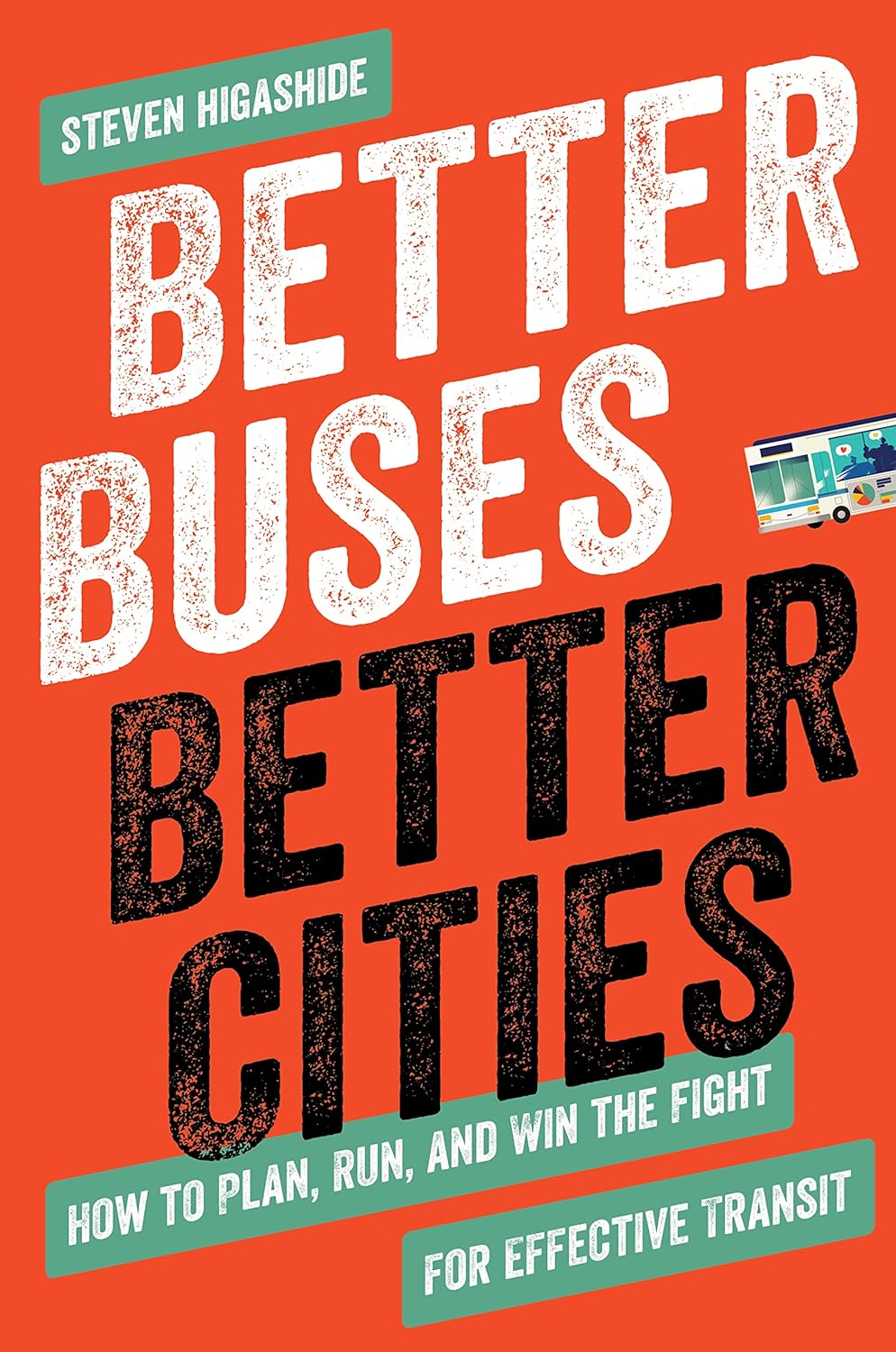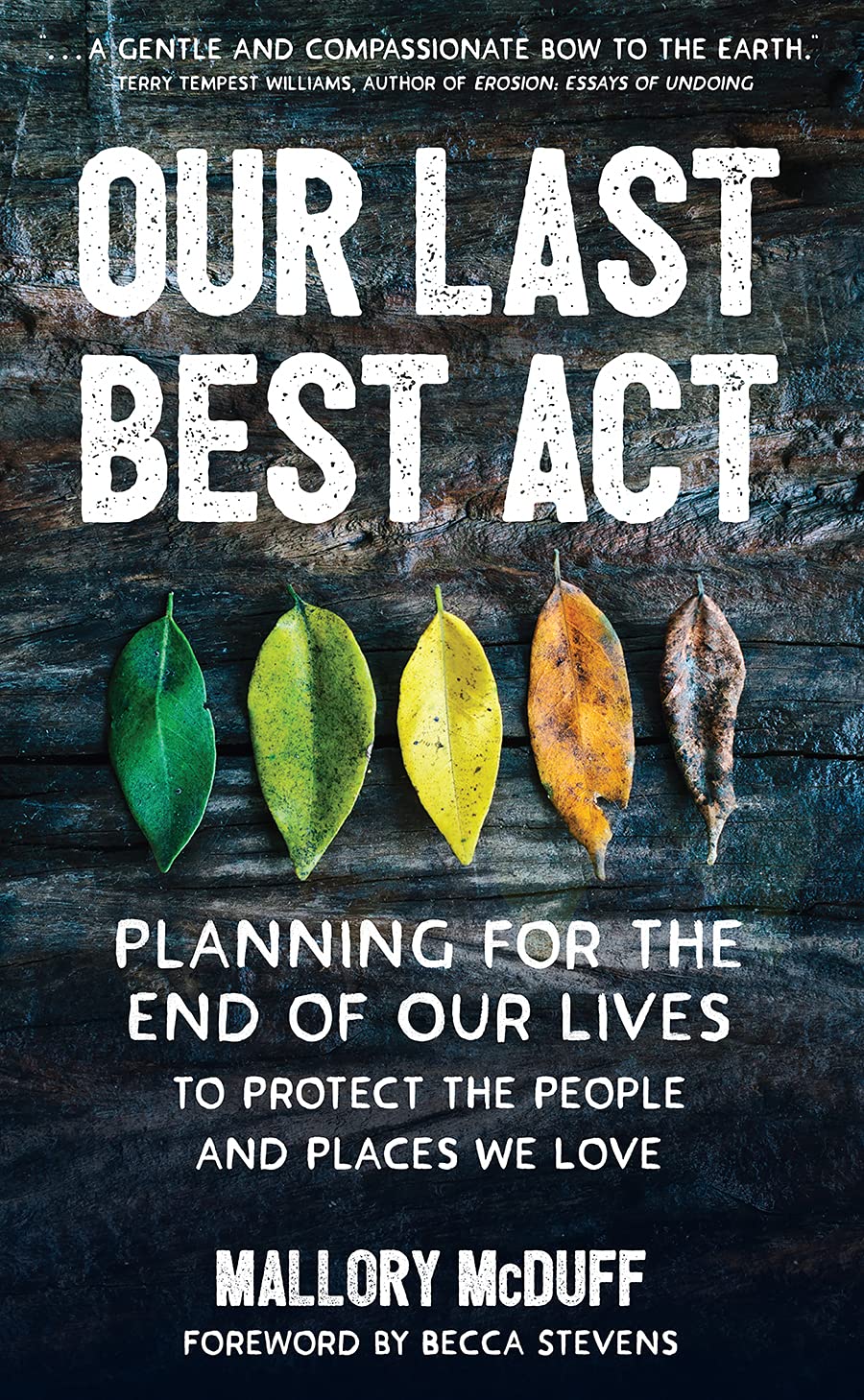Local Investing (Backing Your Neighbourhood)

Imagine if every pound you spent in your community made your local area stronger. That’s what community wealth building is all about. It means giving people a fairer shot by keeping money close to home, not in the pockets of big national chains. This approach helps support jobs, local businesses, and everyday people where you live.
Local investing is a key part of this movement. Writer Amy Cortese helped bring the idea to life through her work on locavesting. She showed that when neighbours back small businesses or co-operatives in their own towns, everyone benefits.
Think of the café down the road funded by local supporters or a community solar project built by friends pooling resources. These real stories prove that ordinary people can help shape the places they care about.
If you want to see stronger shops, greener parks, and fuller town centres around you, community wealth building and local investing can make a real difference. This guide explains how, with easy examples and practical tips to help you get started.
At the moment, the entire global economy seems to be built on the model of digging things up from one hole in the ground on one side of the earth, transporting them around the world, using them for a few days, and sticking them in a hole in the ground on the other side of the world. George Monbiot
Economist John Kenneth Galbraith says ‘trickledown economics’ (cutting taxes for rich people to give jobs to the ‘little people’) just means the rich get richer, and the poor get poorer. He says ”If you feed enough oats to the horse, some will pass through to feed the sparrows’.





